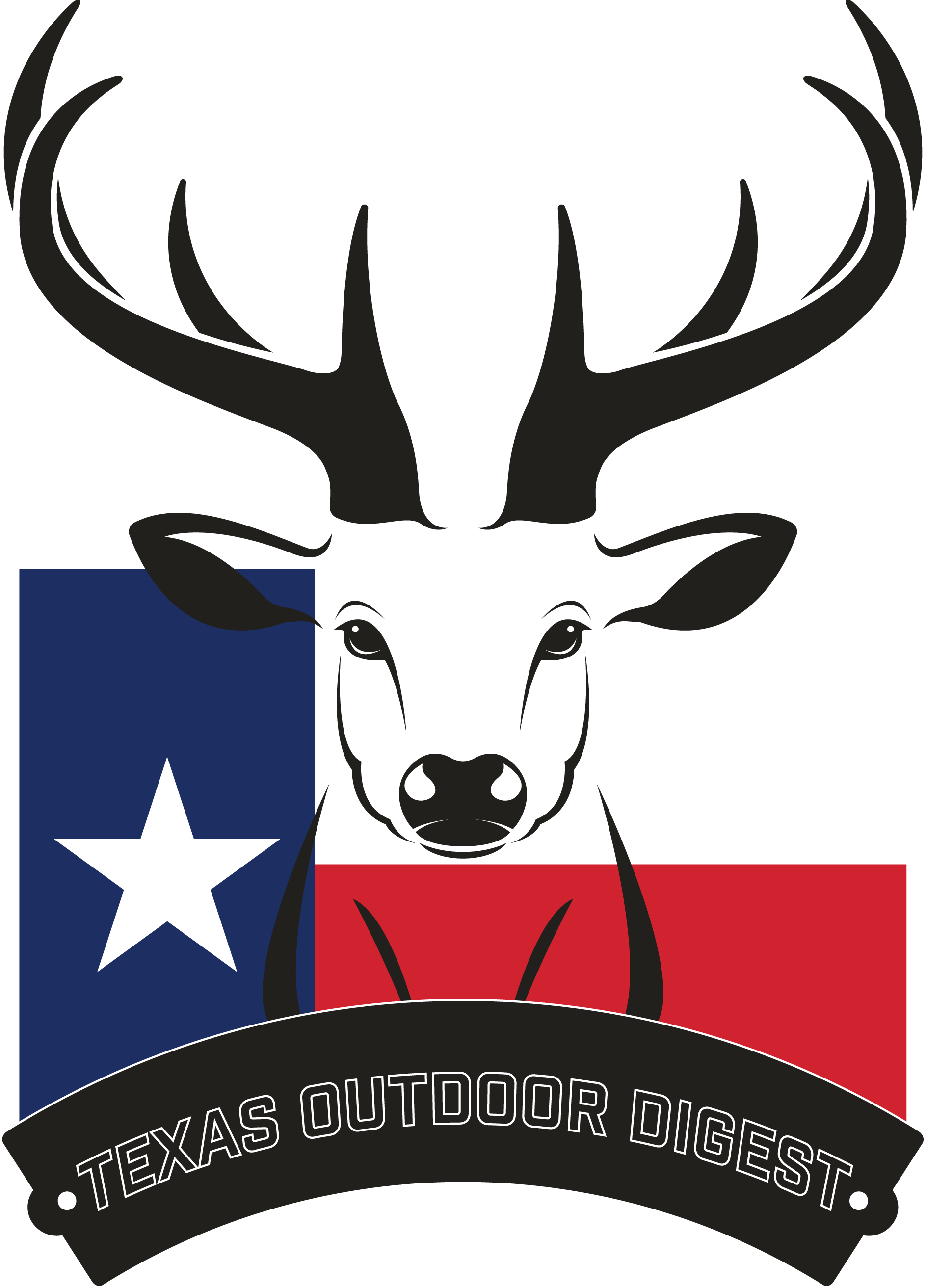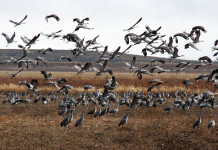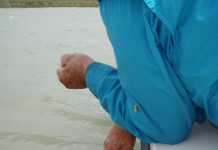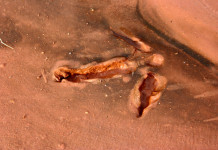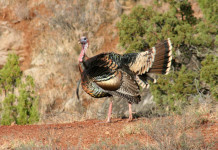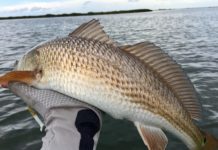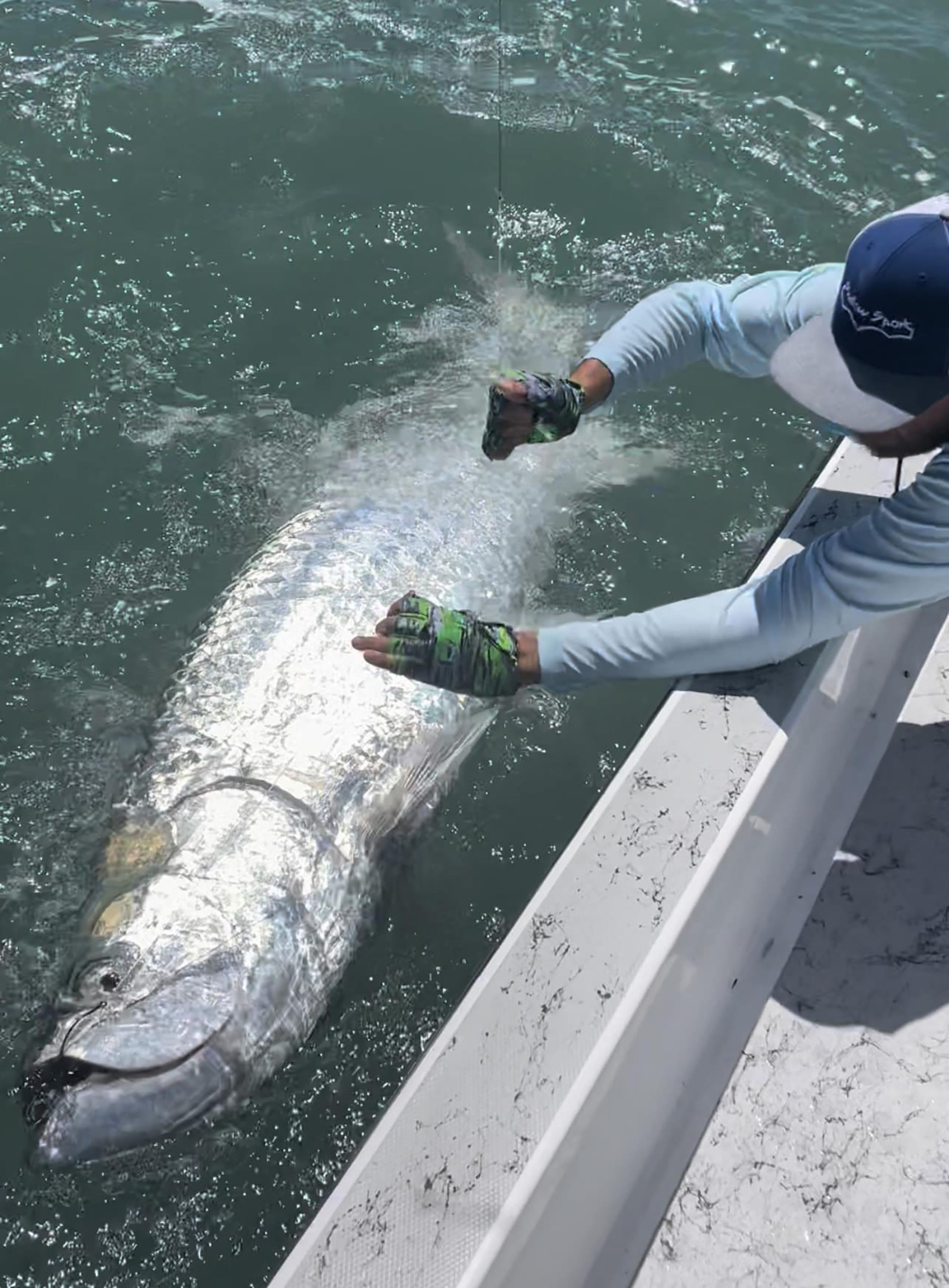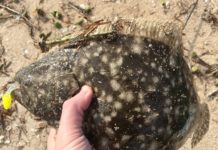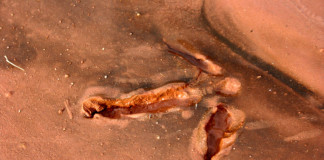Ducks Unlimited continues to be at the forefront of waterfowl conservation across the country and in Texas the organization again will bring needed dollars to restoration efforts after being awarded North American Wetlands Conservation Act grants.
More than $4.6 million in that grant funding will be combined with nearly $10 million in partner funding to restore nearly 22,000 acres in Texas and Louisiana vital to waterfowl habitat.
“The coastal prairies and marshes of Texas and Louisiana provide some of the most critical waterfowl habitat on the continent. Unfortunately, this habitat and all of its values to wildlife, fisheries and people are disappearing,” said DU Director of Conservation Programs Jerry Holden in a news release. “We are battling a long-term crisis of coastal marsh loss exacerbated by the Deepwater Horizon disaster, and the selection of these grants reflects a national understanding of that importance.”
In the five years since the Deepwater Horizon incident that claimed 11 lives and dumped an estimated 3.2 million barrels of oil into the Gulf of Mexico, Ducks Unlimited has received $5.35 million in funding from the National Fish and Wildlife Foundation administered Gulf Environmental Benefit Fund for projects to improve migratory bird habitat in coastal Texas and Louisiana. In addition to those grants, DU has received $3.6 million in Gulf Coast NAWCA grants supported by Gulf spill funding.
The North American Wetlands Conservation Act of 1989 was passed, in part, to support activities under the North American Waterfowl Management Plan. It provides competitive, matching grants to organizations and individuals who have developed partnerships to carry out wetlands conservation projects in the United States, Canada, and Mexico for the benefit of wetlands-associated migratory birds and other wildlife. Program funding comes from Congressional appropriations; fines, penalties, and forfeitures collected under the Migratory Bird Treaty Act of 1918; the Federal Aid in Sport Fish Restoration Act of 1950; and from interest accrued on the fund established under the Federal Aid in Wildlife Restoration Act of 1937.
